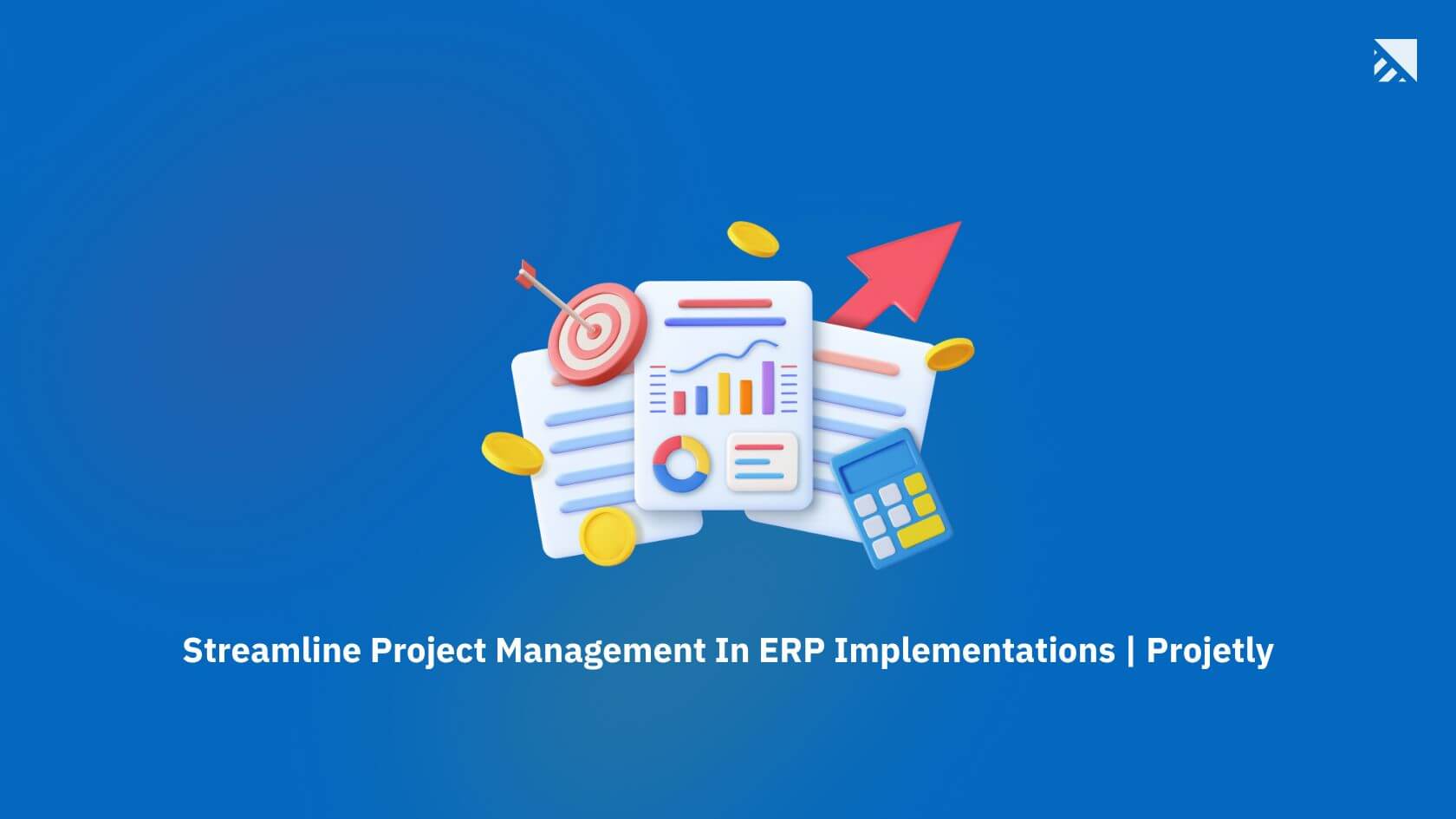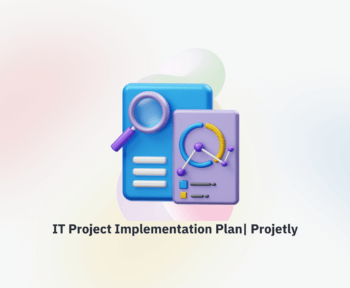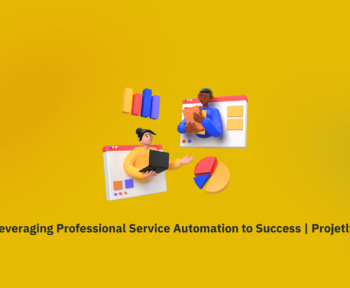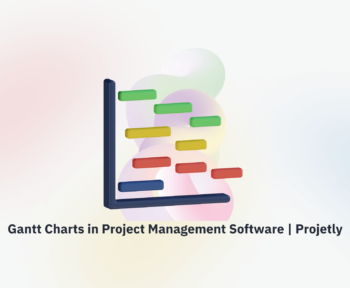Introduction to project management in ERP implementations
Enterprise Resource Planning (ERP) implementations are complex undertakings that require meticulous planning, execution, and coordination across various departments and stakeholders. Effective project management is referred to as the backbone of successful ERP implementations, ensuring the project stays on track, meets deadlines, and delivers the desired outcomes. In this article, we’ll delve into the intricacies of project management in ERP implementations, providing expert tips and tricks to navigate this intricate process seamlessly.
Table of Contents
Importance of project management in ERP implementations
Implementing an ERP system is a transformative endeavor that impacts every aspect of an organization’s operations. ERP implementations can quickly spiral out of control without proper project management, leading to cost overruns, missed deadlines, and even project failures. Effective project management ensures that:
- Resources are allocated efficiently
- Timelines are adhered to
- Risks are mitigated proactively
- Communication channels remain open
- Stakeholder expectations are managed effectively
Embracing best practices in project management increases the chances of a successful ERP implementation, minimizes disruptions, and maximizes the return on investment (ROI).
Key challenges in project management for ERP implementations
While project management is crucial for ERP implementations, it has. Some of the key hurdles you may encounter include:
- Complexity: ERP implementations involve multiple interdependent modules, integrations, and stakeholders, making them inherently complex.
- Scope creep: As requirements evolve and new needs arise, scope creep can become a significant issue, leading to delays and cost overruns.
- Change resistance: Implementing an ERP system often requires significant changes to business processes, which can lead to employee resistance.
- Data migration: Migrating data from age-old legacy systems to the new ERP platform can be daunting and require careful planning and execution.
- Resource constraints: ERP implementations often require specialized resources, which can be challenging to acquire and retain.
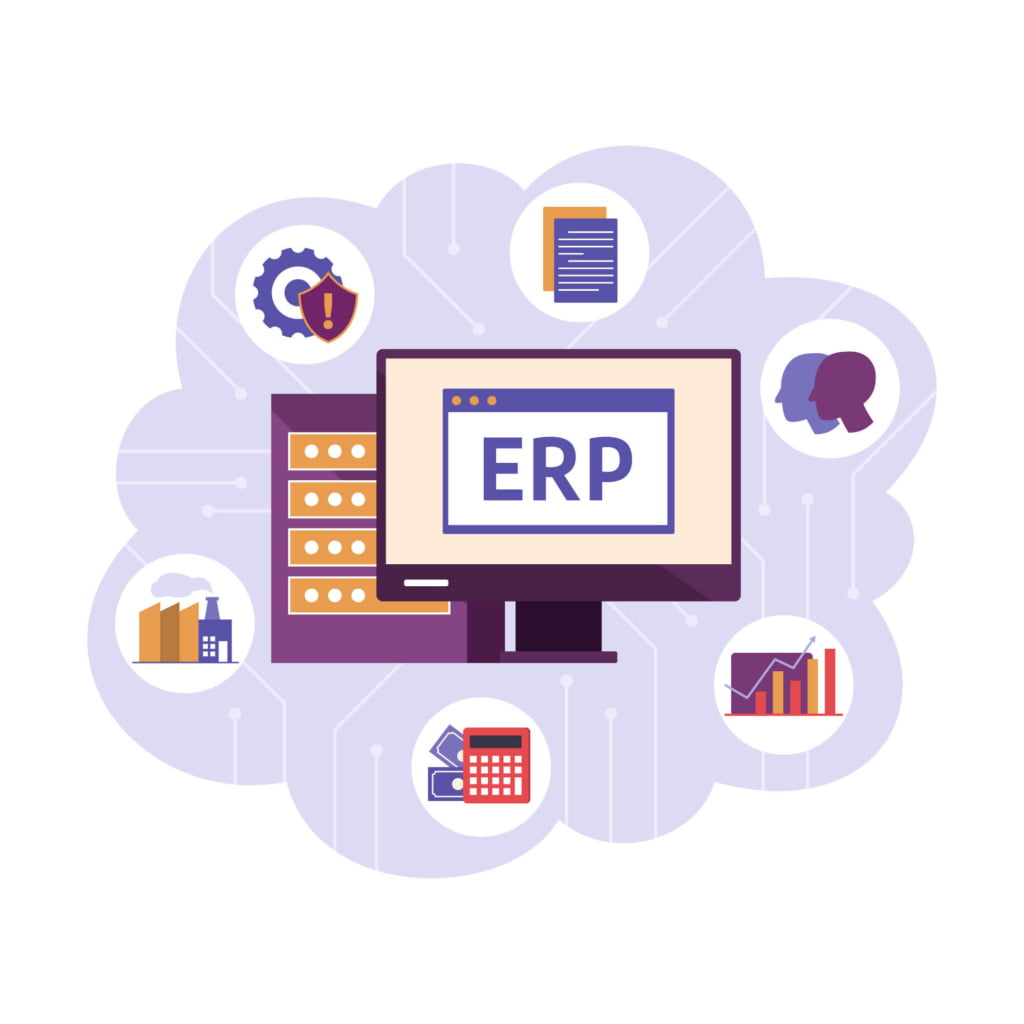
Best practices for project management in ERP implementations
Adopting best practices in project management is essential to navigate the complexities of ERP implementations and mitigate the associated risks. Here are some proven strategies to consider:
- Establish a dedicated project team: Assemble a cross-functional team with representatives from various departments, including IT, finance, operations, and subject matter experts. This team should be fully dedicated to the ERP implementation project.
- Define clear roles and responsibilities: Define each team member’s roles and responsibilities clearly, ensuring accountability and avoiding overlapping responsibilities.
- Develop a comprehensive project plan: Develop a detailed plan outlining the scope, timelines, milestones, and deliverables. This plan should be regularly reviewed and updated to reflect changes or adjustments.
- Implement a robust change management process: ERP implementations often require significant changes to business processes. Establish a structured change management process to ensure smooth transitions and minimize disruptions.
- Foster open communication: Encourage transparent communication among all stakeholders, including project team members, end-users, and management. Regular status updates, meetings, and feedback sessions can help identify and address issues early on.
- Leverage project management methodologies: Depending on the specific requirements and constraints of your ERP implementation, adopt industry-standard project management methodologies, such as Agile, Waterfall, or a hybrid approach.
- Conduct thorough testing: Allocate sufficient time and resources for comprehensive testing, including unit testing, integration testing, and user acceptance testing (UAT). Doing this can help you identify and resolve the issues, if any, before going live.
- Provide adequate training and support: Ensure end-users receive comprehensive training on the new ERP system and establish a robust support function to address all issues/queries that may arise during and after the implementation.
Adhering to these best practices helps increase the chances of a successful ERP implementation, minimize risks, and maximize the benefits of your new ERP system.
Essential project management tools for ERP implementations
Effective project management in ERP implementations relies heavily on appropriately selecting and utilizing tools. These tools can streamline processes, enhance collaboration, and provide valuable insights for informed decision-making. Here are some essential project management tools to consider:
- Project management software: Invest in robust project management software like MS Project, Jira, or Asana to manage tasks, timelines, resources, and dependencies effectively.
- Communication and collaboration tools: Leverage communication and collaboration tools like Slack, Microsoft Teams, or Zoom to facilitate seamless communication, file sharing, and virtual meetings among team members and stakeholders.
- Issue and risk management tools: Implement dedicated issue and risk management tools, such as Jira Service Management or Confluence, to track, prioritize, and mitigate potential risks and issues throughout the project lifecycle.
- Document management systems: Utilize document management systems, like Microsoft SharePoint or Google Drive, to centralize and organize project-related documents, ensuring version control and easy access for all stakeholders.
- Testing and quality assurance tools: Leverage testing and quality assurance tools, such as Selenium or TestComplete, to automate and streamline the testing process, ensuring thorough and efficient testing of the ERP system.
- Training and knowledge management platforms: Implement training and knowledge management platforms, like LMS (Learning Management System) or Confluence, to facilitate practical training and knowledge sharing among end-users and project team members.
Related blog: Client Visibility Made Easy: Top Project Management Tools With Portals
Strategies for effective communication in ERP project management
Clear and consistent communication is paramount to the success of any ERP implementation project. Effective communication ensures all stakeholders are aligned, informed, and engaged throughout the project lifecycle. Here are our recommended strategies to foster effective communication in ERP project management:
- Establish a communication plan: Develop a comprehensive communication plan that outlines the communication channels, frequency, and responsibilities for disseminating information to various stakeholder groups.
- Conduct regular meetings and status updates: Schedule meetings to inform all stakeholders about the project’s progress, challenges, and upcoming milestones.
- Leverage visual aids and dashboards: Visual aids, such as Gantt charts, burn-down charts, and project dashboards, can simplify complex information clearly and concisely.
- Encourage open dialogue and feedback: Create an environment that encourages open dialogue and input from all stakeholders. This can help identify potential issues early and foster a collaborative problem-solving approach.
- Utilize multiple communication channels: Leverage various communication channels, such as email, instant messaging, video conferencing, and in-person meetings, to cater to different communication preferences and ensure that information reaches all stakeholders effectively.
- Maintain clear documentation: Develop and maintain comprehensive project documentation, including meeting minutes, decision logs, and issue trackers, to ensure transparency and serve as a reference for future reference.

Tips for successful stakeholder management in ERP implementations
Stakeholder management, often overlooked, is another critical aspect of successful ERP implementations. Stakeholders range from executive leadership and project sponsors to end-users and external partners. Effective stakeholder management ensures that their expectations, concerns, and needs are addressed throughout the project lifecycle. Here are some tips for successful stakeholder management in ERP implementations:
- Identify and analyze stakeholders: Conduct a thorough stakeholder analysis to identify all relevant stakeholders, their roles, interests, and potential impact on the project.
- Develop a stakeholder engagement plan: Create an engagement plan for all stakeholders that outlines each group’s communication strategies, involvement levels, and engagement activities.
- Establish a governance structure: Implement a robust structure that includes steering committees, advisory boards, and decision-making processes to ensure stakeholder representation and accountability.
- Manage expectations: Communicate project goals, timelines, and potential impacts to stakeholders and manage their expectations through regular updates and open dialogue.
- Address concerns and resistance: Proactively identify and address stakeholder concerns and resistance to change. Provide training, support, and clear communication to facilitate buy-in and adoption.
- Celebrate milestones and successes: Recognize and celebrate project milestones and successes with stakeholders to maintain engagement, motivation, and support throughout the implementation process.
- Continuously monitor and adapt: Regularly monitor stakeholder engagement and satisfaction levels and adjust your stakeholder management strategies to ensure their continued support and commitment to the project.
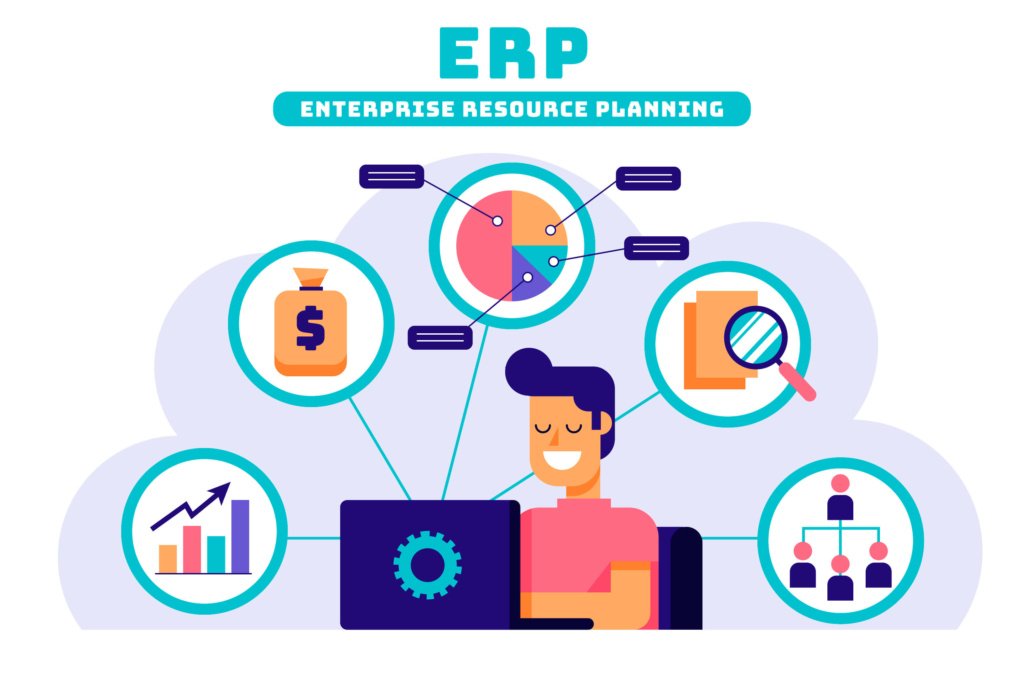
Risk management in project management for ERP implementations
ERP implementations are inherently complex and prone to risks impacting project timelines, budgets, and overall success. Effective risk management is crucial for identifying, assessing, and thereby mitigating all potential risks throughout the project lifecycle. Here are some key strategies for risk management in project management for ERP implementations:
- Establish a risk management framework: Develop a comprehensive risk management framework that outlines the processes, roles, and responsibilities for identifying, analyzing, and responding to risks.
- Conduct risk identification and assessment: Regularly conduct risk identification and assessment activities, such as risk workshops, brainstorming sessions, or checklists, to identify potential risks and assess their likelihood and impact.
- Develop risk mitigation strategies: For each identified risk, develop and implement appropriate mitigation strategies, such as risk avoidance, risk transfer, risk reduction, or risk acceptance.
- Maintain a risk register: Maintain a centralized risk register that documents all identified risks, their assessments, mitigation strategies, and assigned risk owners.
- Monitor and review risks: Continuously monitor and review risks throughout the project lifecycle, as new risks may emerge or existing risks may change in likelihood or impact.
- Establish contingency plans: Develop plans for critical risks that could significantly impact the project, ensuring that appropriate actions can be taken promptly if those risks materialize.
- Foster a risk-aware culture: Encourage a risk-aware culture within the project team and organization, where risks are openly discussed, reported, and addressed proactively.
Change management in ERP project management
ERP implementations often necessitate significant changes to business processes, organizational structures, and employee roles and responsibilities. Effective change management ensures a smooth transition and minimizes resistance to change. Here are some critical strategies for change management in ERP project management:
- Develop a change management strategy: Create a comprehensive change management strategy that outlines the approach, activities, and responsibilities for managing organizational change throughout the ERP implementation.
- Establish a change management team: Assemble a dedicated team with representatives from various departments and stakeholder groups to champion and facilitate the change process.
- Conduct organizational readiness assessments To identify potential barriers to change, cultural considerations, and areas that may require additional support or training.
- Communicate the need for change: Communicate the reasons for the ERP implementation and the associated changes to all stakeholders, highlighting the benefits and addressing any concerns or resistance.
- Provide training and support: Develop comprehensive training programs and support resources to equip employees with the necessary knowledge and skills to adapt to the new ERP system and processes.
- Engage change champions: Identify and engage change champions within the organization who can advocate for the ERP implementation and help drive adoption and buy-in among their peers.
- Monitor and adjust: Monitor the change process, gather stakeholder feedback, and adjust the change management strategy to address emerging challenges or resistance.
- Celebrate successes: Recognize and celebrate milestones and achievements throughout the change process to reinforce the positive impact of the ERP implementation and maintain momentum.
Implementing an effective change management strategy can facilitate a smoother transition, foster employee buy-in, and increase the likelihood of successful adoption and utilization of the new ERP system.
Training and support in project management for ERP implementations
Providing comprehensive training and ongoing support is essential for ensuring the successful adoption and utilization of the new ERP system. Practical training and support strategies can empower end-users, minimize disruptions, and maximize the return on investment (ROI) of the ERP implementation. Here are some critical considerations for training and support in project management for ERP implementations:
- Develop a training strategy: Create a detailed training strategy outlining the objectives, target audiences, delivery methods, and timelines.
- Conduct training needs analysis: Perform a thorough training needs analysis to identify the specific training requirements for different user groups, roles, and responsibilities.
- Utilize various training methods: Employ a mix of training methods, such as classroom-based training, e-learning modules, hands-on workshops, and job aids, to cater to different learning styles and preferences.
- Develop customized training materials: Create customized training materials, including user manuals, quick reference guides, and video tutorials tailored to your organization’s needs and processes.
- Establish a training schedule: Develop a comprehensive schedule that aligns with the project timeline and ensures end-users receive training at the appropriate times, allowing for knowledge retention and application.
- Implement a training management system: Utilize a training management system to track and monitor training progress, completion rates, and effectiveness.
- Provide ongoing support: Establish a dedicated support team or helpdesk to address end-user questions, issues, and concerns during and after the ERP implementation.
- Foster a continuous learning culture: Encourage a constant learning culture by providing regular refresher training, updates on system enhancements, and knowledge-sharing opportunities among end-users.
Investing in comprehensive training and support ensures end-users have the necessary knowledge and skills to maximize the new ERP system’s benefits, minimize disruptions, and increase user adoption and satisfaction.

Conclusion: Becoming a master of project management in ERP implementations
Mastering project management in ERP implementations is a journey that requires a combination of expertise, dedication, and a continuous commitment to improvement. By embracing the best practices, tools, and strategies outlined in this article, you can confidently navigate the complexities of ERP implementations and increase the likelihood of a successful outcome.
Remember, effective project management is not a one-time effort but an ongoing process that requires constant vigilance, adaptation, and collaboration. Regularly review and refine your project management approach, leverage lessons learned from previous implementations, and stay up-to-date with industry trends and emerging best practices.
Successful ERP implementations can transform an organization’s operations, streamline processes, and drive growth and profitability. By becoming a master of project management in ERP implementations, you can position yourself as a valuable asset to your organization and contribute to its long-term success.
Frequently Asked Questions
1. What is ERP implementation, and why is it critical for businesses?
ERP (Enterprise Resource Planning) implementation is the process of integrating various business processes and functions into a single, unified system. It is critical for businesses because it enhances efficiency, improves data accuracy, streamlines operations, and provides better insights for decision-making.
2. What are the key steps to streamline project management in ERP implementations?
Key steps include:
Planning and Scope Definition: Clearly defining the project scope, objectives, and deliverables.
Stakeholder Engagement: Involving all relevant stakeholders early and throughout the project.
Resource Allocation: Ensuring that the necessary resources (personnel, budget, and technology) are available and properly allocated.
Risk Management: Identifying potential risks and developing strategies to mitigate them.
Regular Monitoring and Reporting: Continuously tracking project progress and providing updates to stakeholders.
3. How can effective communication improve ERP implementation success?
Effective communication ensures that all team members and stakeholders are on the same page, reducing misunderstandings and conflicts. It facilitates timely updates, feedback, and issue resolution, which are essential for keeping the project on track and addressing any challenges promptly.

